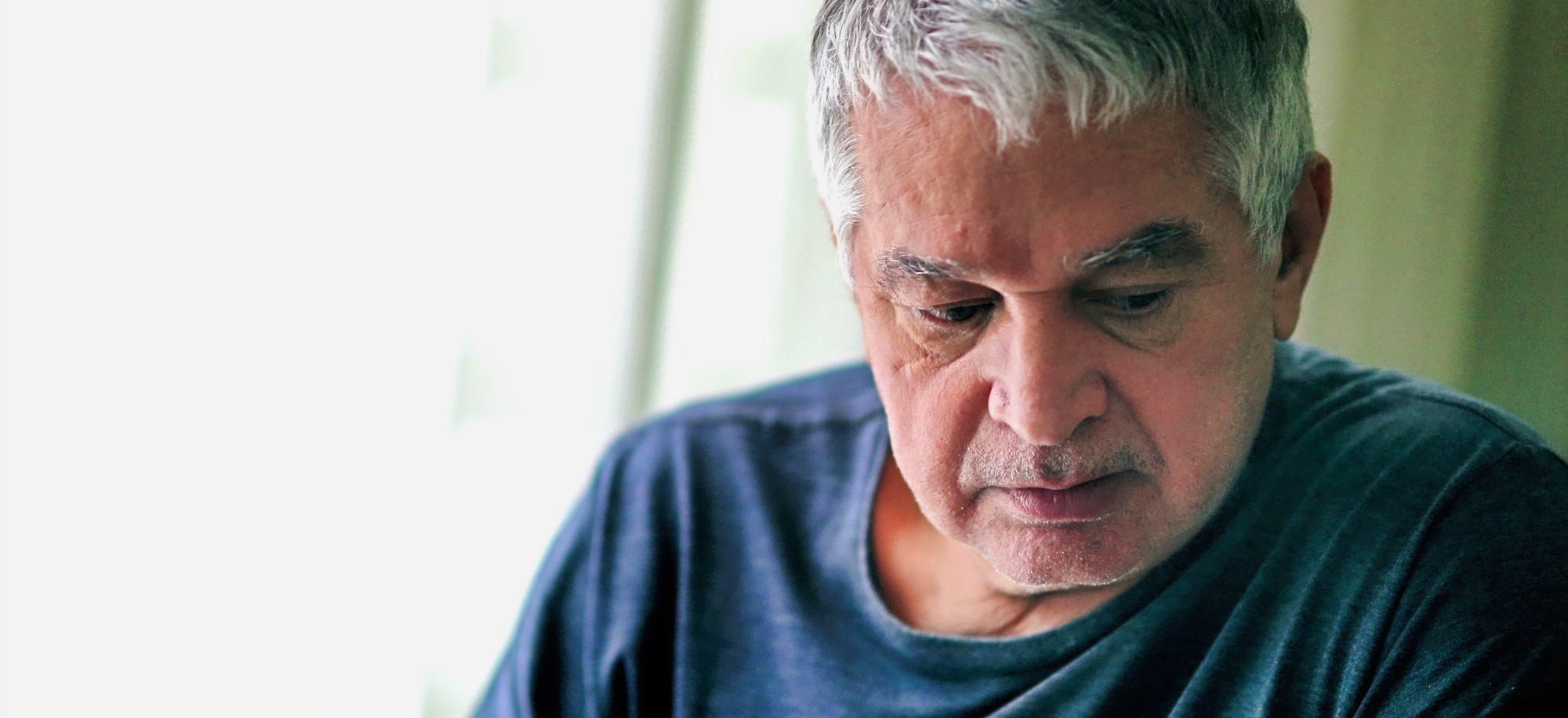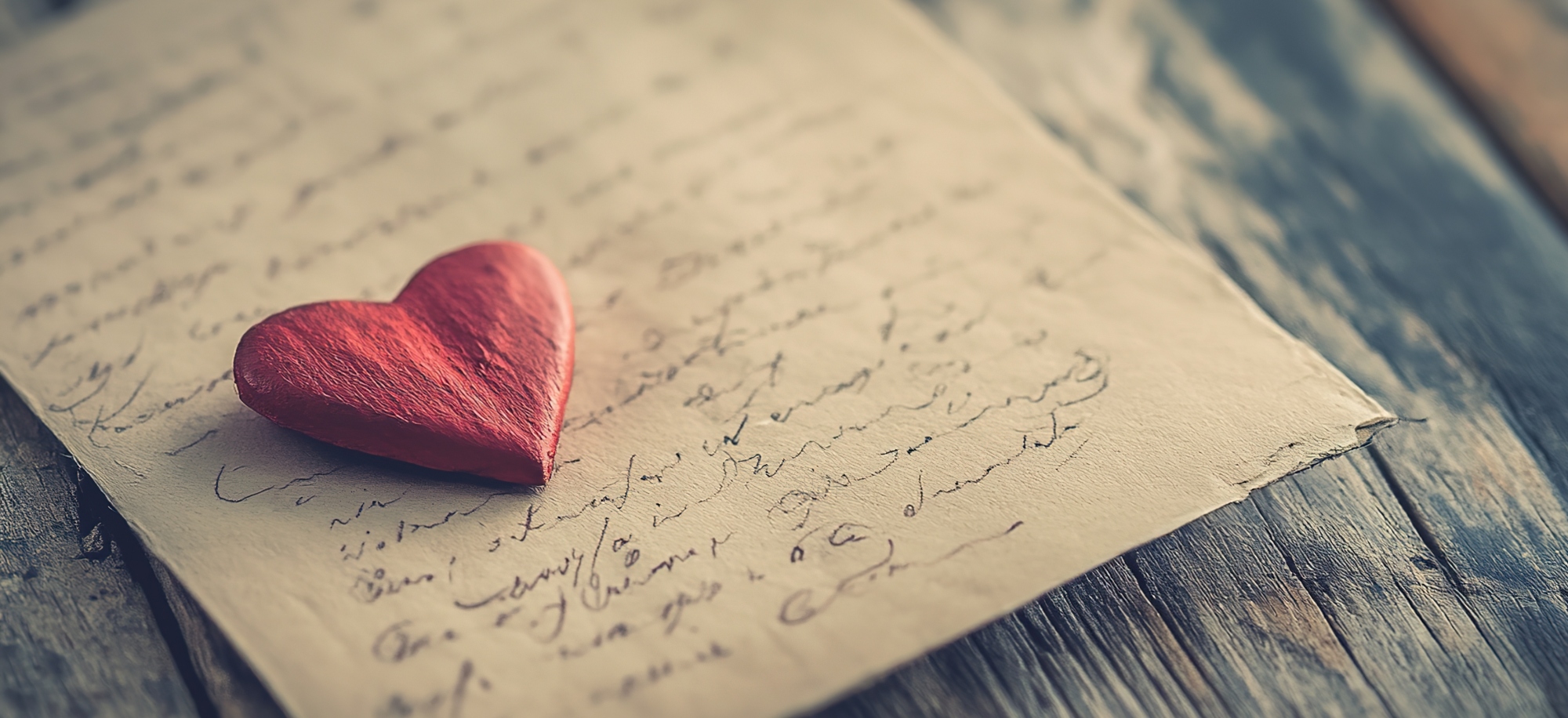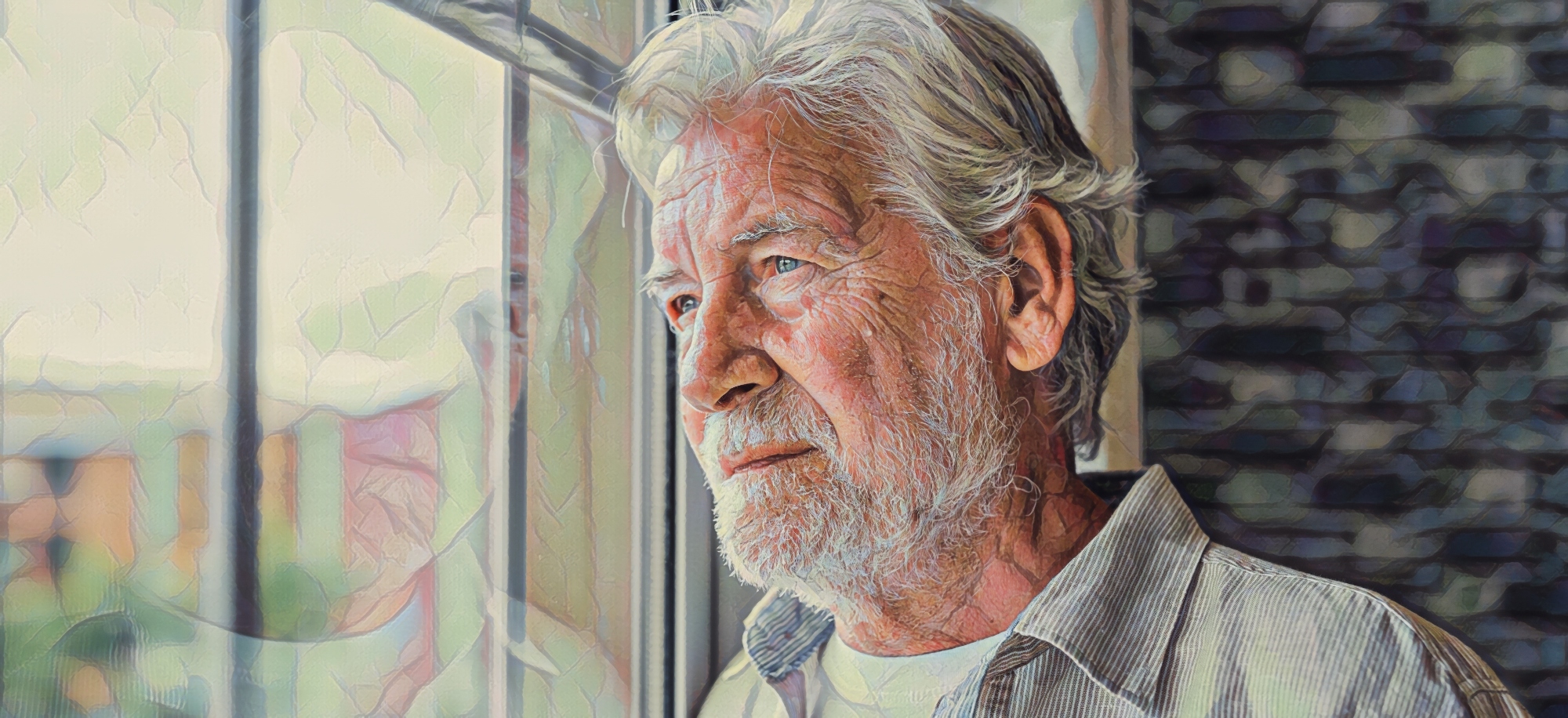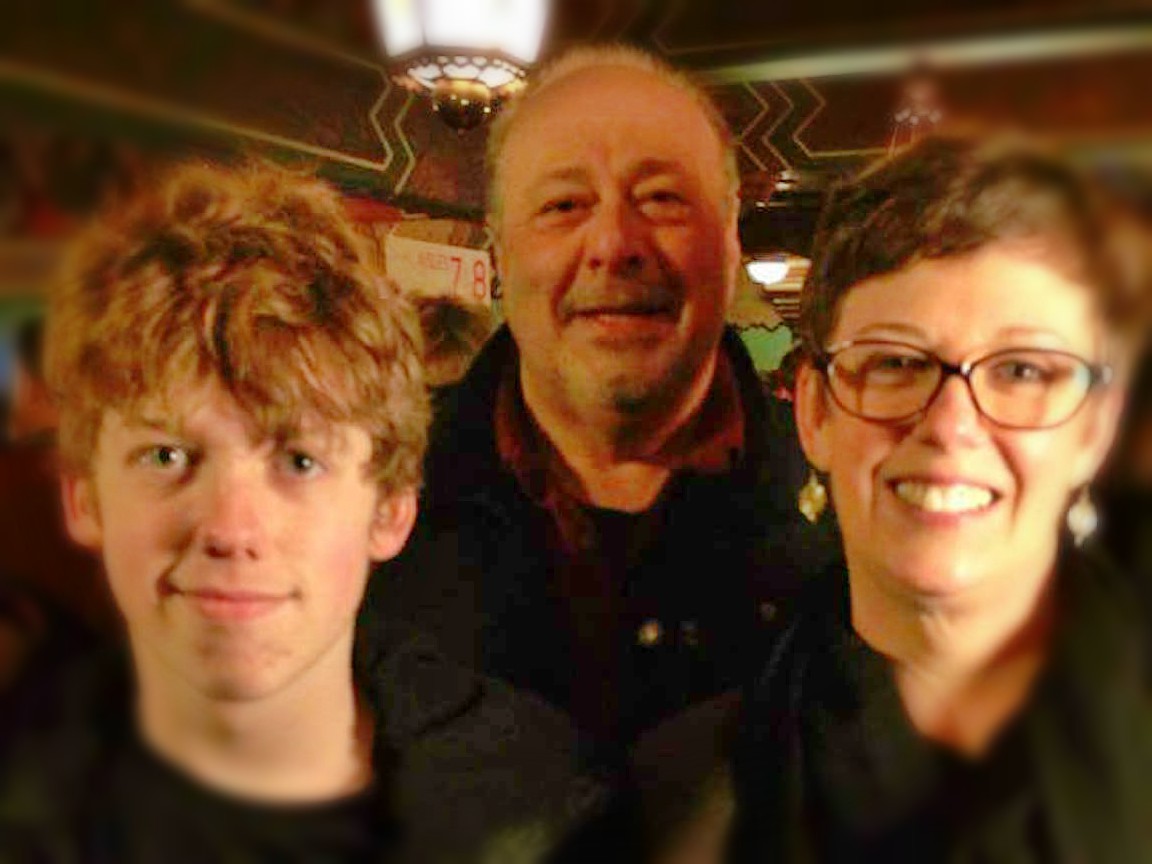I should know a lot about how men grieve. After all, I spent the first 15 years of my career pioneering the psychology of men. My 1984 book, “The Secrets Men Keep” (Ballantine Books), mapped out previously uncharted paths to men’s hearts, souls, and deepest needs.
I was featured regularly on Oprah, Larry King Live, Donahue, PBS, hundreds of network news and talk shows and countless articles on everything “male” in the nation’s largest newspapers and magazines. For 12 years, I traveled the world giving talks about men, men’s workshops, and training programs, consulting with leaders of Fortune 500 companies, and being called upon as an expert on men. And then, my life ended abruptly.
My beloved daughter, Jenna, died violently in 1996 while studying abroad. Racked by more pain than I could possibly handle, I held on for dear life. Searching desperately for answers and for something to hold onto, I immersed myself in the world of grief and loss. I was a drowning man, trying to survive overwhelming pain. My heart shattered into a million pieces. My life derailed. I honestly didn’t know where to turn or if I was even going to make it.
Nothing I’d learned or been through was helping me navigate the darkness, devastation, and feelings of utter helplessness I was encountering on the path of grief. I would need to start all over. Learn to walk, breathe, think, feel, love, surrender, rage, cope, and travel by the dim light of the stars. It took every ounce of raw courage, faith, and patience I had to survive. Receiving support from family and friends was not easy. I was used to being the strong one. Taking care of myself was also a real challenge. I was used to powering through everything – figuring it out and fixing it. This could not be fixed. Learning to decipher between people and things that helped me and those that drained and depleted me enabled me to hold on. Slowly, I began to fight my way back into life. To breathe. And to find new strength. But not the way you might expect.
Did it help or hurt that I had undergone 47 years of basic training as a guy?
I’d been taught that emotions (other than anger) were a sign of weakness. Shows of sorrow, confusion, helplessness, and fear would be cause for demotion to a “lesser of a man” status. Tears would be automatic grounds for a significant drop in stature on the male scale. “Be a man!” “Suck it up,” “Get over it” and other clichés borrowed from sports and warfare, were not only useless – they were harmful.
What I needed more than anything was the strength, courage, and permission to grieve. I needed to feel the hurt, helplessness, sorrow, brokenness, outrage, and confusion. The macho code of posing and posturing as strong and self-reliant would have been a formula for disaster for me. Hiding, denying, and repressing my emotions would have prolonged my pain and deepened my sense of isolation. Distancing myself from my emotions and “shooting the messenger” when sorrow surfaced would have disconnected me from my humanity. And thwarted my grieving process.
The cultural norm for being a man encourages us to shut down and shut up, lest we suffer another loss, our status. Dr. Mike Freidman, the father of Type-A Behavior and one of my mentors, called this “status insecurity.” Is it any wonder that 85% of participants who seek grief support after the death of a child, spouse, or parent are women? Men who are overwhelmed by the intensity of their grief and defenseless against their own feelings of sorrow will try to outrun, out-numb, out-busy their way over and around grief. …
Taught to hide, deny, repress, and outright avoid our feelings or fake them by telling everyone, “I’m fine,” men learn to fool themselves into believing they can hold their breath or think their way around it. These men become the dumbed-down, crusty, diluted version of their former selves. But the debt comes due. Cut off from their feelings, hearts, and, too often, their loved ones, they wither. As if life after loss wasn’t difficult enough. …





